The Agency of Men in The Atmospherians and How to Kidnap the Rich
In the world of fiction, as opposed to the real world and its assumed male passiveness, men must make choices; they are not victims, but the owners of their mistakes.
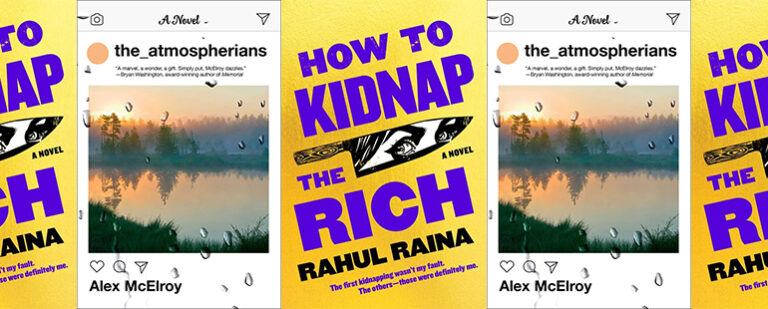
In the world of fiction, as opposed to the real world and its assumed male passiveness, men must make choices; they are not victims, but the owners of their mistakes.
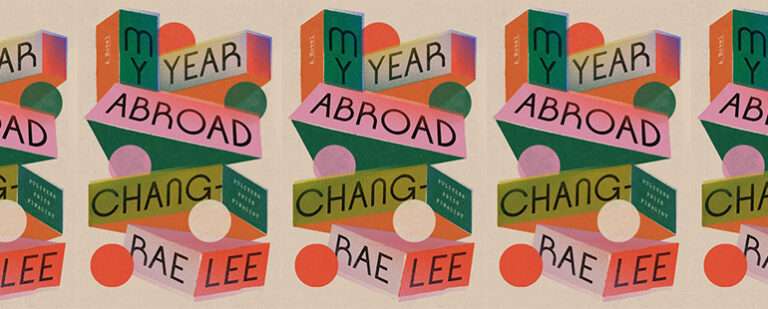
Chang-rae Lee’s latest novel illuminates the complex economic and cultural exchange between East and West through humorous and often grotesque scenes that question norms of race, money, privilege, and consent.
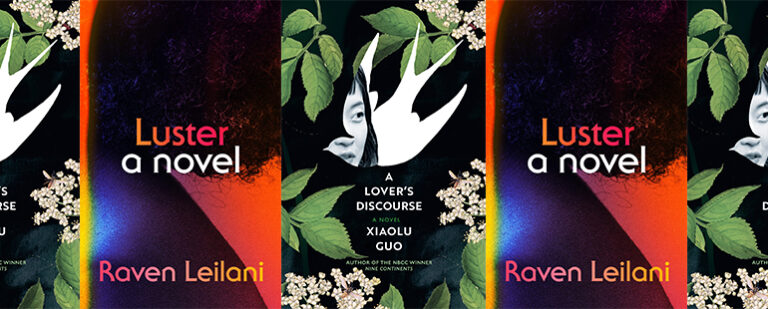
The protagonists of recent novels by Raven Leilani and Xiaolu Guo dwell on a cross-racial gaze, othering the white men who are the objects of their physical affections. In this, they attempt to reverse the gazes of centuries by paying an anthropological attention to their partners’ bodies, speech, and behaviors.
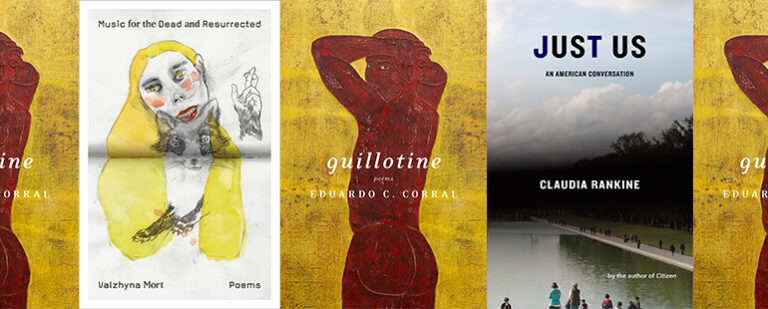
Three recent books by poets Valzhyna Mort, Eduardo C. Corral, and Claudia Rankine examine state violence by using violence’s signatures—repetition and accretion—as tools within the text. In these works, post-Chernobyl Belarus, barren American border landscapes, and the minefields of everyday social interactions are scrutinized, again and again.
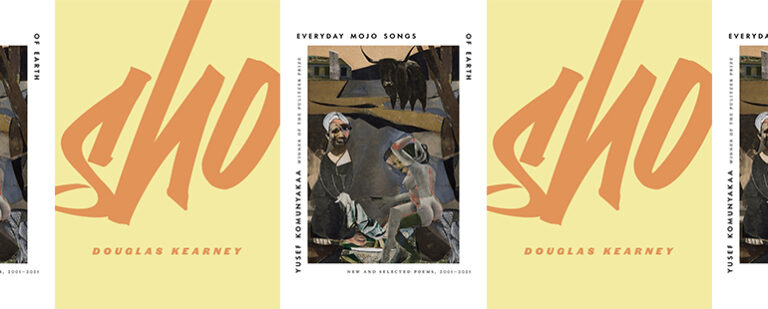
When a defense attorney asked Donald Williams II, a Black man and witness to the lynching of George Floyd, if he got “angrier and angrier,” Williams responded, “I grew professional and professional.” Such racial performance and linguistic inventiveness are on display in poems by Douglas Kearney and Yusef Komunyakaa.
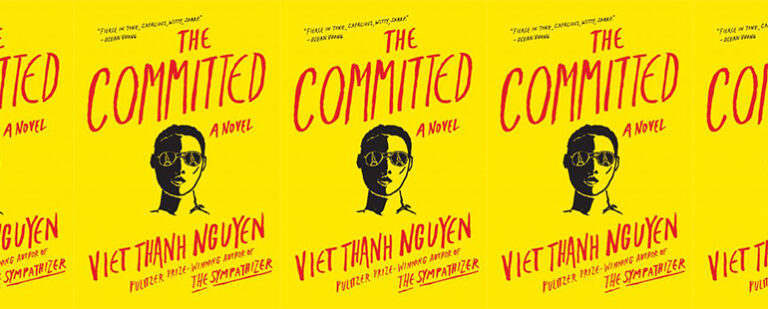
In his new novel, Viet Thanh Nguyen does not allow the reader to forget that fiction traffics in truth.
No products in the cart.